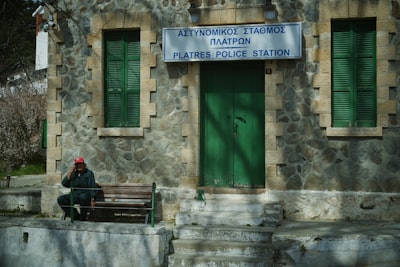Overview
The Multinational Security Support Mission (MSS) in Haiti is an international intervention initiative designed to support the Haitian government and police in restoring public order amid widespread gang violence and humanitarian crises. Authorized by the United Nations Security Council in 2023, the mission marks a significant effort to address the escalating violence, displacement, and instability in the Caribbean nation.
Background
Haiti has faced chronic political upheaval, natural disasters, and cycles of violence for decades. The assassination of President Jovenel Moïse in July 2021 sharply exacerbated the security vacuum, enabling armed gangs to increase their control, particularly in the capital, Port-au-Prince. The subsequent humanitarian crisis saw over a million people displaced and a dramatic increase in violent crimes, including kidnappings and killings.
Authorization and Leadership
The MSS was authorized under United Nations Security Council Resolution 2699 (2023) as a non-UN, yet internationally-endorsed, force to provide security assistance upon the request of the Haitian government. Unlike previous UN peacekeeping missions in Haiti, the MSS is led by a coalition of states, with Kenya volunteering to serve as the lead nation. This African leadership element is significant, representing a shift in international intervention paradigms for Haiti.
Objectives
The primary objectives of the MSS are:
- To support the Haitian National Police (HNP) in combating gang violence.
- To assist in securing key government sites and infrastructure.
- To facilitate humanitarian aid delivery and protect vulnerable civilians.
- To stabilize the security situation to enable broader political and economic reforms.
Composition and Deployment
The MSS is composed of police and security personnel contributed by several countries, with the largest contingent supplied by Kenya. As of 2024, hundreds of Kenyan police officers were deployed to Haiti. The mission is supported logistically and financially by the United States, as well as other international partners. Additional personnel are expected from Caribbean and African nations.
Challenges and Criticism
The MSS has encountered multiple obstacles, including:
- Insufficient equipment and logistical challenges.
- Funding shortfalls and delayed deployment schedules.
- Skepticism due to past failures and abuses linked to previous international interventions in Haiti, including the UN’s MINUSTAH mission, which was implicated in a cholera outbreak and misconduct allegations.
- Domestic concern and legal scrutiny in contributing countries, particularly Kenya, over the risks faced by their officers and transparency in mission operations.
Significance
The MSS represents a novel model of multinational intervention in fragile states, stressing regional leadership and UN endorsement without direct UN command. It also reflects heightened global concern about the humanitarian and security crisis in Haiti.
See Also
- United Nations Stabilization Mission in Haiti (MINUSTAH)
- Haitian National Police (HNP)
- Gang Violence in Haiti
- International Peacekeeping Operations

Comments
No comments yet. Be the first to comment!